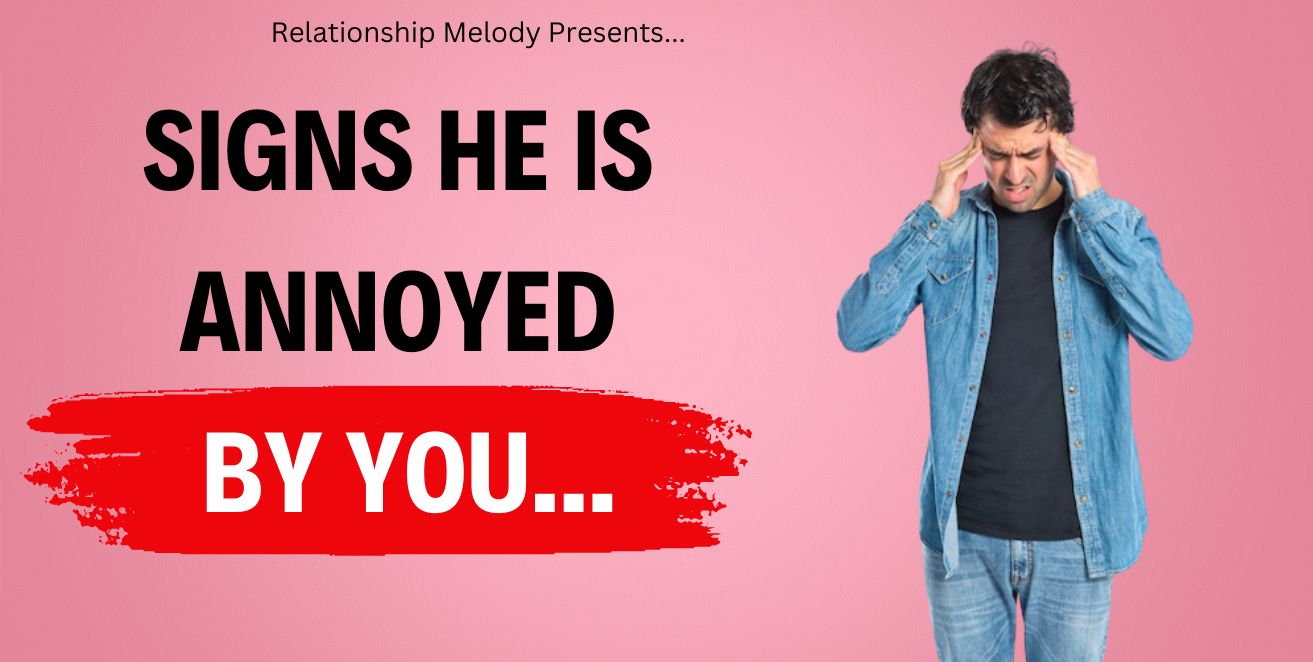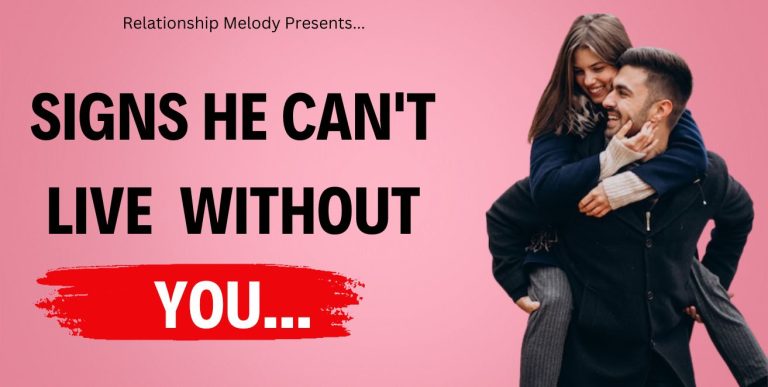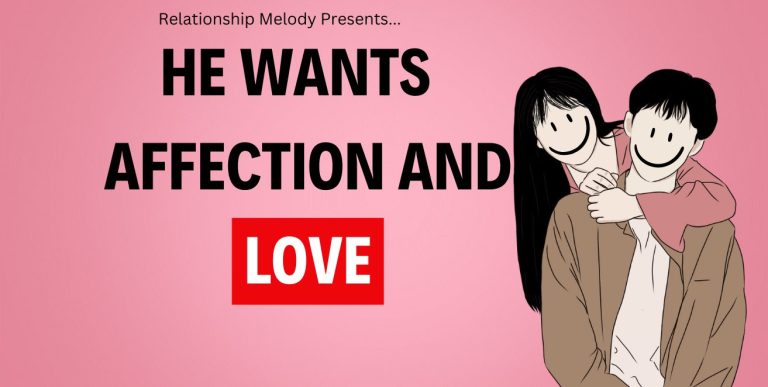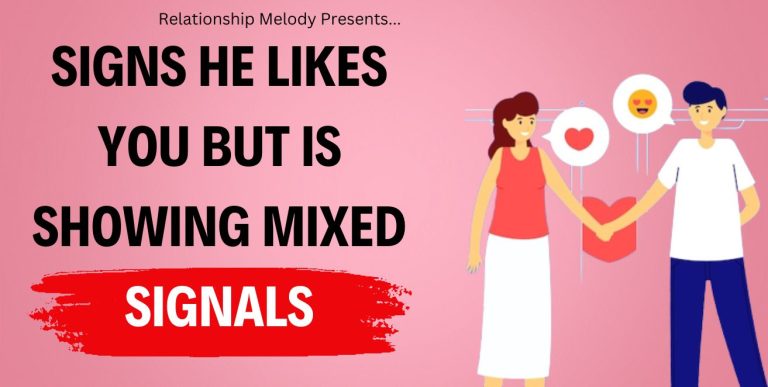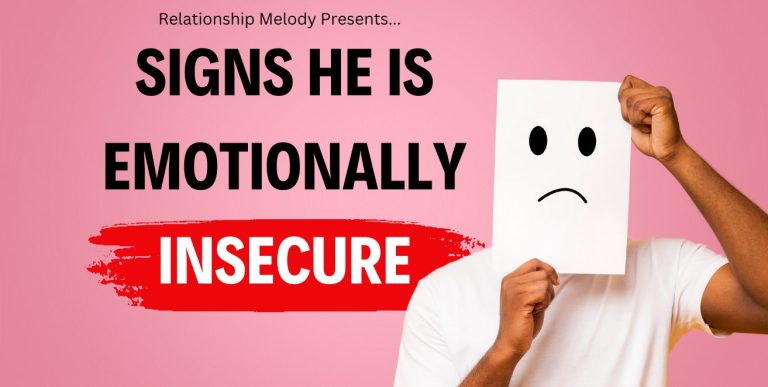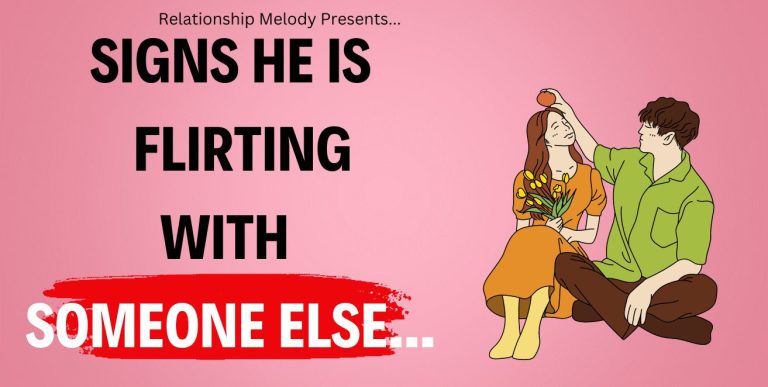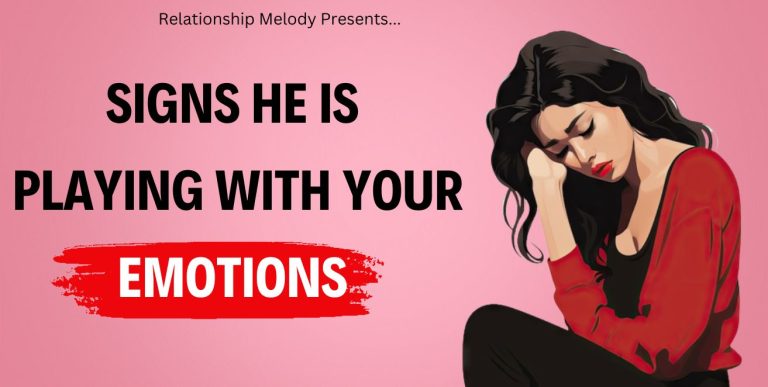25 Signs He Is Annoyed by You
Building and maintaining healthy relationships can be challenging, especially when it comes to understanding the subtle cues and emotions of others.
Sometimes, we may inadvertently irritate or annoy the people we care about, leaving us wondering if they are genuinely bothered.
If you’ve been questioning whether the man in your life is annoyed by you, worry not! In this blog post, we’ll explore 25 signs that can help you decipher his feelings and potentially address any issues before they escalate.
25 Signs He Is Annoyed by You
These are 25 signs to know.
#1 Frequent eye-rolling or sighing:
When someone rolls their eyes or sighs in response to your words or actions, it’s often a clear sign of annoyance or impatience. These exaggerated gestures indicate that they find your behavior irritating or frustrating.
#2 Decreased engagement in conversation:
f your partner appears disinterested or avoids engaging in meaningful discussions, it could be a sign that they are growing weary of the conversation. They may no longer have the patience or interest to invest in a deep conversation with you.
#3 Minimal physical contact:
A sudden lack of affectionate touches or reduced intimacy can suggest that your partner is feeling annoyed. Physical closeness is often an indicator of emotional connection, and when it diminishes, it could mean that they are distancing themselves from you emotionally.
#4 Short and abrupt responses:
When your partner starts providing curt or one-word answers, it’s a clear indication that they want the conversation to end quickly. This abruptness suggests that they are irritated and have little desire to engage further.
#5 Increased criticism:
If your partner consistently finds fault with your choices or behavior, it could signify that they are becoming increasingly annoyed. They may be focusing on your perceived flaws or mistakes as a way to express their irritation.
#6 Avoidance of spending time together:
When your partner frequently makes excuses to avoid spending time with you, it may indicate that they are feeling irritated or frustrated. They may be seeking distance or alone time to cope with their annoyance.
#7 Absence of compliments or appreciation:
A decline in compliments or expressions of gratitude might indicate that your partner is annoyed and taking you for granted. When they no longer acknowledge or appreciate your efforts, it suggests a diminishing positive sentiment.
#8 Lack of active listening:
If your partner frequently interrupts you or doesn’t pay attention when you speak, it could indicate their annoyance or disinterest. This behavior demonstrates a lack of engagement and respect for your thoughts and opinions.
#9 Reduced enthusiasm in shared activities:
When your partner no longer exhibits enthusiasm or joy during activities you once enjoyed together, it could be a sign of underlying annoyance. Their diminished excitement suggests a shift in their feelings towards these shared experiences.
#10 Increased need for personal space:
If your partner suddenly desires more alone time or distances themselves physically, it might be a coping mechanism for their irritation. They may be seeking space to process their emotions and regain their equilibrium.
#11 Excessive teasing or sarcasm:
When your partner consistently uses biting humor or sarcasm, it may indicate that they are using these techniques to express their annoyance. This behavior can be hurtful and reflects their growing frustration.
#12 Avoidance of eye contact:
Consistently avoiding eye contact can be a sign of discomfort or annoyance. Your partner may be avoiding direct visual connection as a way to create emotional distance or signal their displeasure.
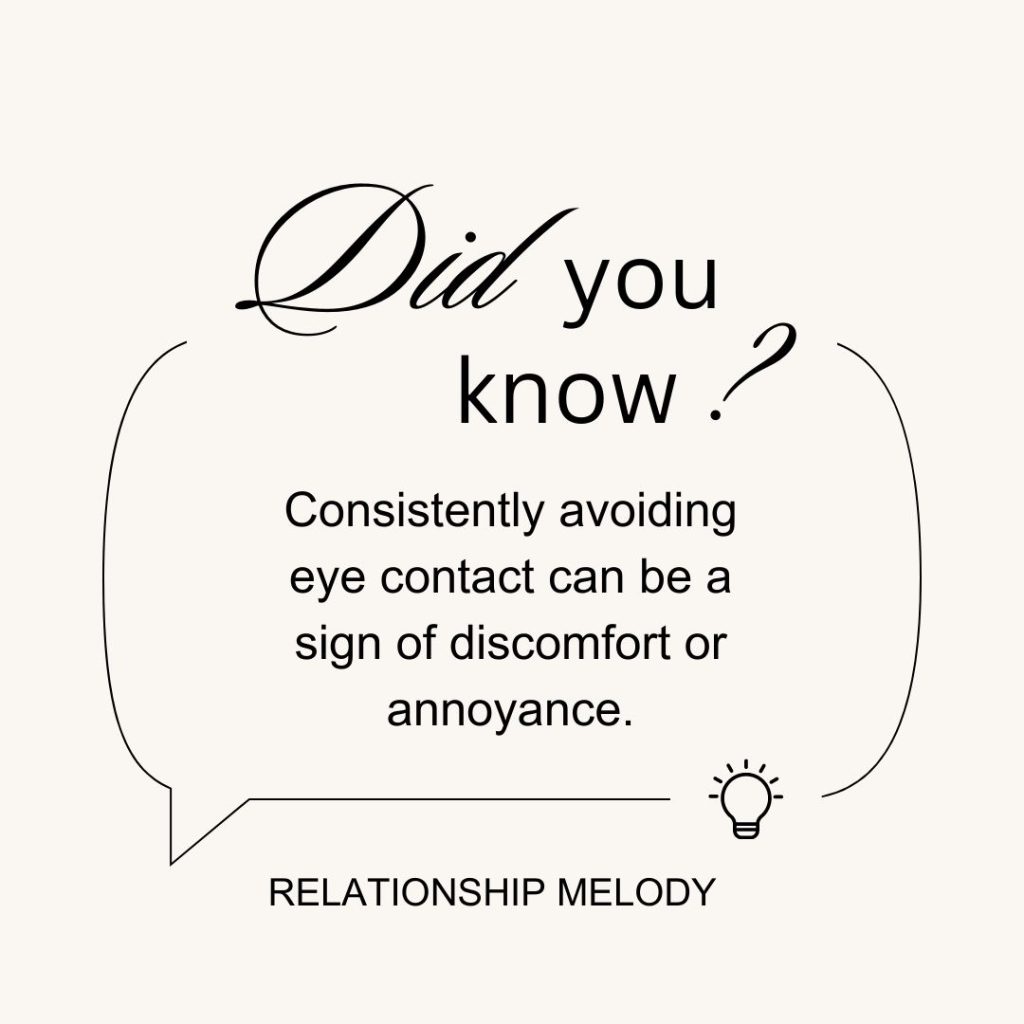
#13 Lack of support or encouragement:
If your partner stops providing emotional support or discourages your aspirations, it could indicate their growing annoyance. They may be withholding encouragement or actively undermining your goals as a reflection of their irritation.
#14 Unwillingness to compromise:
When your partner becomes rigid in their opinions and is unwilling to find a middle ground, it might signal their annoyance. Their resistance to compromise suggests a lack of willingness to accommodate your needs or find mutually agreeable solutions.
#15 Heightened impatience:
When your partner becomes noticeably more impatient with you, it could be a sign that they are growing annoyed by your actions or behaviours. They may have a reduced tolerance for delays, mistakes, or perceived inefficiencies.
#16 Increased nitpicking:
If your partner starts focusing on minor flaws or mistakes, it might suggest their growing irritation. They may magnify small imperfections as a way to express their annoyance or exert control.
#17 Lack of initiative:
When your partner consistently avoids taking the lead or making plans, it could indicate their annoyance with the relationship. Their lack of proactive involvement suggests a disinterest in investing effort or energy into the partnership.
#18 Disinterest in your life events:
If your partner shows a lack of interest or dismisses important events in your life, it might signify their annoyance. Their lack of engagement with your experiences implies a diminished emotional connection.
#19 Changes in communication patterns:
If your partner responds to your messages less frequently or takes longer to reply, it could indicate their annoyance. These alterations in communication patterns can reflect a reduced desire to engage or prioritize interactions with you.
#20 Withdrawal from social interactions:
When your partner avoids attending social gatherings or introducing you to their friends, it might be a sign of their annoyance. They may be hesitant to involve you in their social circle due to their growing frustration.
#21 Increased arguments or conflicts:
If disagreements escalate into heated arguments more frequently, it could signify underlying annoyance and frustration. The intensification of conflicts suggests unresolved tension and irritability within the relationship.
#22 Lack of empathy:
When your partner fails to empathize with your emotions or disregards your concerns, it might suggest their growing annoyance. Their inability or unwillingness to understand and validate your feelings indicates a diminished emotional connection.
#23 Change in tone or body language:
If your partner adopts a defensive or dismissive tone, coupled with negative body language, it could be indicative of annoyance. These changes in communication style and nonverbal cues reflect their underlying irritation.
#24 Increased time spent alone:
When your partner starts seeking solitude more often, it may indicate that they need space to deal with their annoyance. They may be using alone time as a means of self-care or to alleviate their frustrations.
#25 Lack of future planning:
If your partner stops discussing or making plans for the future together, it could be a sign that they are growing annoyed and uncertain about the relationship’s longevity. Their reluctance to engage in future-oriented discussions suggests a waning commitment.
Learn more: 25 Signs He Is An Overthinker.
Conclusion:
Recognizing signs of annoyance in your partner is crucial for maintaining a healthy and harmonious relationship.
By being aware of these subtle indicators, you can address any underlying issues and take proactive steps to improve your connection.
Remember, open communication and empathy are vital to resolving conflicts and fostering understanding.
If you notice any of these signs, initiate an honest conversation with your partner, giving them space to express their feelings and concerns. Together, you can work towards strengthening your bond and ensuring a fulfilling and lasting relationship.
Liked Our Article?
Our Patreon link: https://www.patreon.com/RelationshipMelody
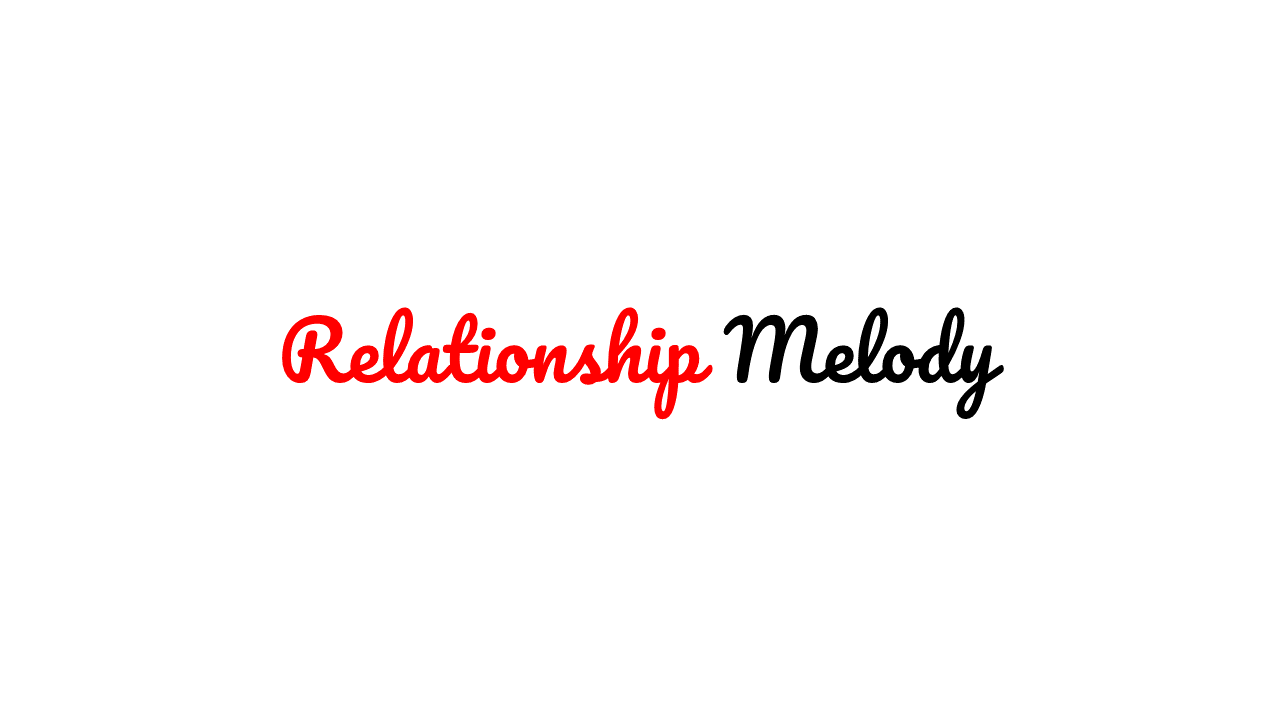
Welcome to Relationship Melody! Our website is dedicated to all things on relationships, dating, and love! We are passionate about helping you navigate the ups and downs of love, and our goal is to provide you with valuable insights and information that will make your journey toward a fulfilling relationship smoother and more enjoyable.

